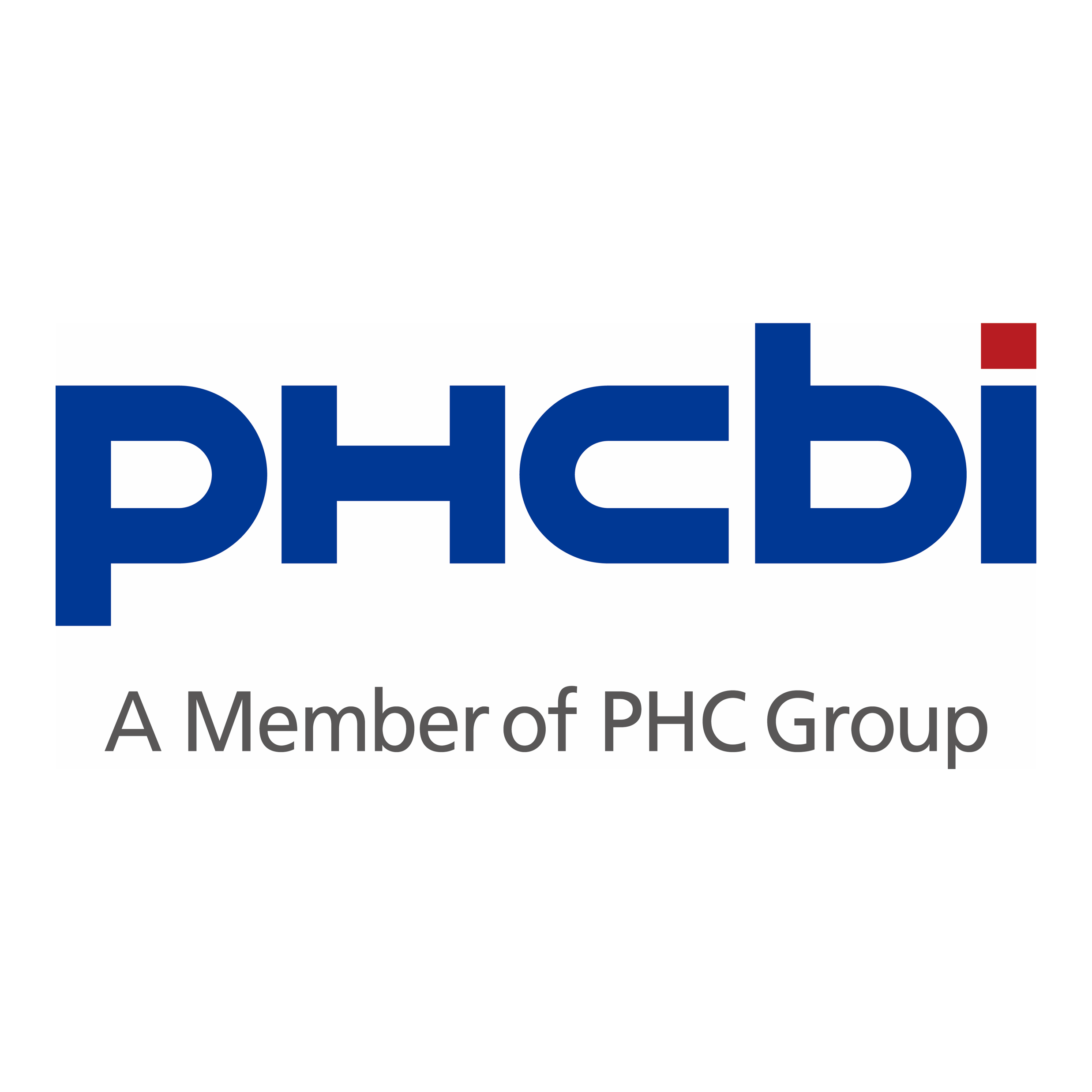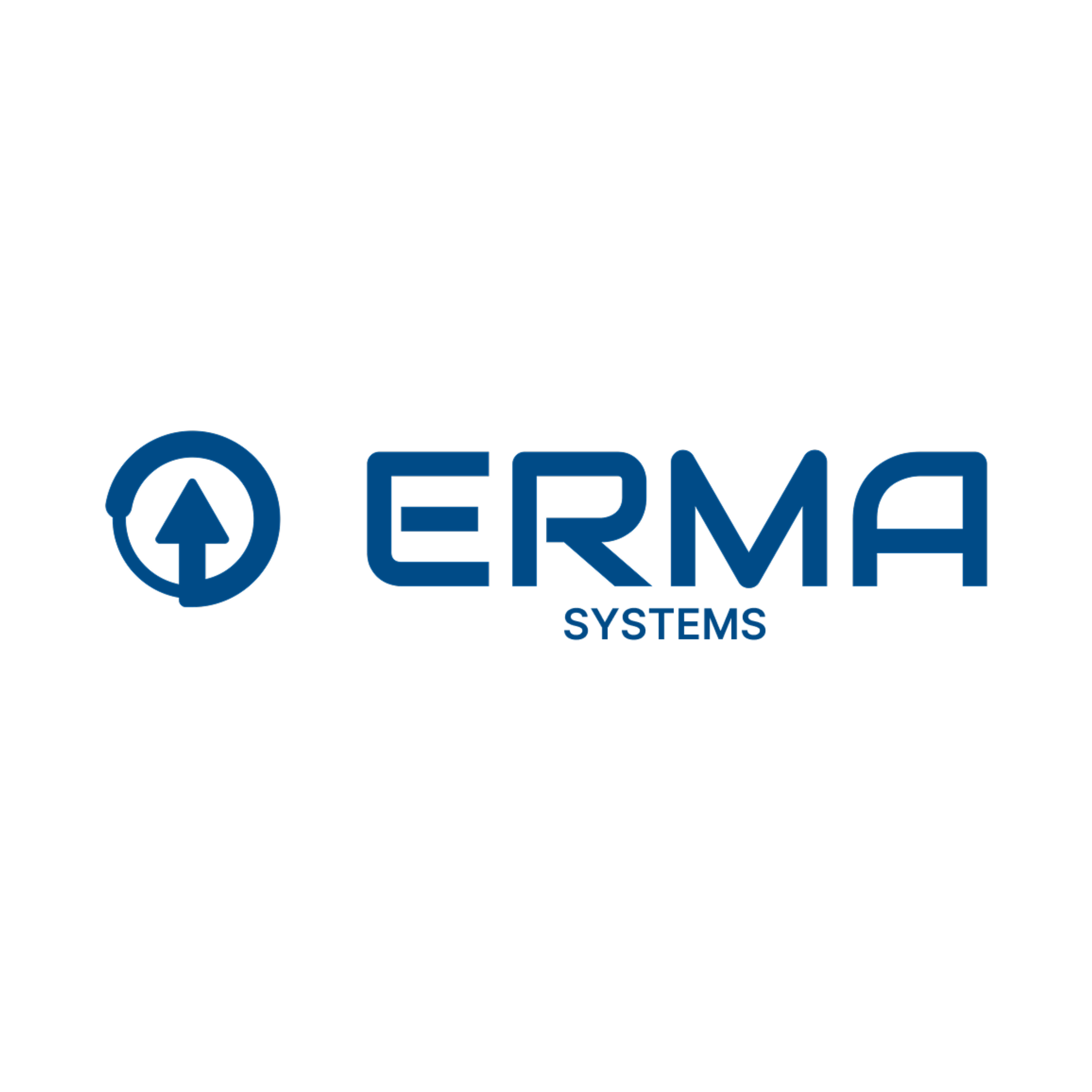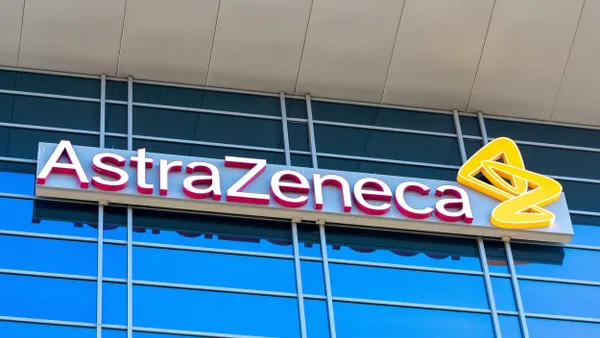Today, a brief rundown of news involving Madrigal Pharmaceuticals and Viridian Therapeutics, as well as updates from Apellis Pharmaceuticals, PTC Therapeutics and Arrowhead Pharmaceuticals that you may have missed.
Seeking to expand treatment of the liver disease MASH, Madrigal Pharmaceuticals is paying $120 million to Hong Kong-based drugmaker CSPC Pharmaceutical Group for global rights to an oral GLP-1 drug in preclinical development. The deal offers CSPC potentially $2 billion in additional payments if certain development, regulatory and commercial milestones are achieved. Madrigal executives said they plan on combining the CSPC drug, called SYH2086, with the company’s MASH drug Rezdiffra in a once-daily pill. They envision treatment could combine the benefits of weight loss from a GLP-1 pill with the antifibrotic and fat reducing qualities of Rezdiffra to give people with MASH additional disease control. — Jonathan Gardner
Kissei Pharmaceutical is paying $70 million upfront and offering up to $315 million in milestone payments to Viridian Therapeutics for Japanese rights to two antibody drugs for thyroid eye disease. Viridian has already announced positive Phase 3 study data for the most advanced drug in the deal, called veligrotug. The second, called VRDN-003, is in ongoing Phase 3 testing. The company hopes to compete with Amgen’s marketed drug for thyroid eye disease, Tepezza, by offering a more convenient dosing regimen.— Jonathan Gardner
The Food and Drug Administration on Monday approved broader use of Apellis Pharmaceuticals’ rare disease drug Empaveli, clearing it for the kidney diseases C3 glomerulopathy or primary immune complex membranoproliferative glomerulonephritis in people 12 years of age or older. In testing, treatment with Empaveli reduced urine protein levels by significantly more than placebo and stabilized kidney function. Earlier this year, Novartis won FDA approval of its drug Fabhalta for use in adults with C3G. — Ned Pagliarulo
People with the rare disease phenylketonuria, or PKU, have a new treatment option after the FDA on Monday approved the drug Sephience from PTC Therapeutics. In a statement, the company highlighted what it described as a broad label that includes all disease subtypes in people who are 1 month of age or older. News of the approval sent shares in PTC higher by nearly 10% this week. The company is also awaiting agency decisions on drugs for Friedrich's ataxia and Duchenne muscular dystrophy. — Ned Pagliarulo
Arrowhead Pharmaceuticals said Monday that it had earned a $100 million milestone payment from Sarepta Therapeutics under their research alliance, after meeting a patient enrollment target in a Phase 1/2 trial of its treatment for myotonic muscular dystrophy. Such fees are part of the normal course of business in biotech, but payment by Sarepta had suddenly become in doubt after the company’s standoff with the FDA over whether it could continue selling its gene therapy Elevidys. The Duchenne treatment is vital to Sarepta’s financial future, so the prospect of it being removed from market sparked concerns Sarepta might reach a point when it would no longer be able to meet its obligations. That risk appears to have receded for now, after the FDA relented Tuesday. Arrowhead expects to receive the $100 million within 60 days. — Ned Pagliarulo















